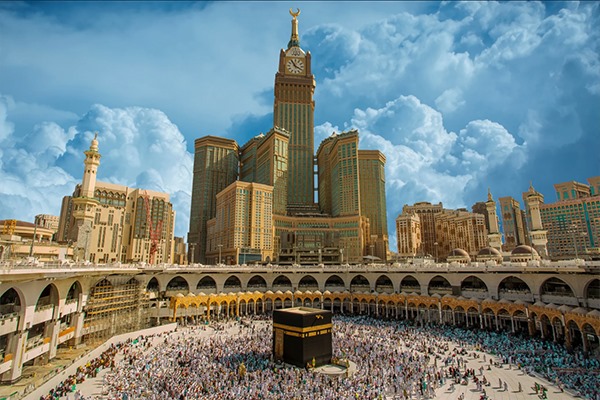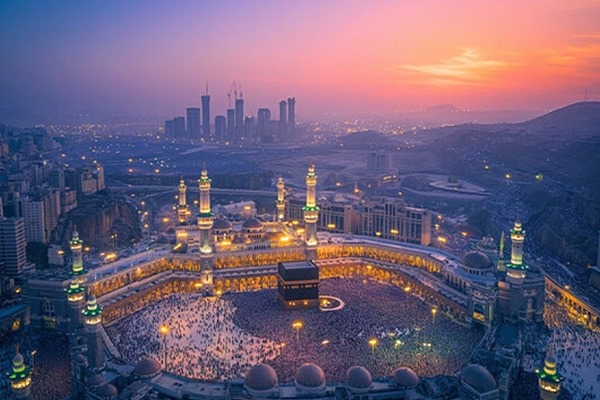Saudi Arabia’s Ministry of Health has made it mandatory for all Umrah pilgrims to receive a meningitis vaccine at least 10 days before departure. This measure is part of the latest health protocols aimed at safeguarding the well-being of travellers to the Kingdom for Umrah. According to Gulf News, this new requirement takes effect from February 10 and applies to all pilgrims.
Discover Saudi Arabia’s rich heritage with The best tourism company to saudi arabia 2025 , vibrant cities, and stunning landscapes with opulens Luxury Vacation, perfect for cultural explorers.
Mandatory Vaccination Requirements
To comply with Saudi Arabia’s health regulations, Umrah pilgrims must adhere to the following:
- Receive either the Meningococcal ACYWX (polysaccharide conjugate) vaccine or the Meningococcal quadrivalent (ACYW-135) polysaccharide vaccine.
- The vaccine must be administered at least 10 days before arrival in Saudi Arabia.
- The rule applies to all travellers aged one year and older, regardless of country of origin.
- Health authorities in the traveller’s home country must verify the vaccine’s administration within the validity period, ensuring the vaccination certificate clearly states the name, type, and date of administration.
- The vaccination certificate remains valid for three years.
Understanding Meningitis
According to the World Health Organization (WHO), meningitis is a severe inflammation of the membranes surrounding the brain and spinal cord, often caused by infection. Bacterial meningitis is the most dangerous form and requires immediate medical attention.
The disease is highly contagious, primarily spreading through respiratory droplets from an infected person. Symptoms include:
- Neck stiffness
- Fever
- Confusion or altered mental state
- Headaches
- Nausea and vomiting
Where to Get Vaccinated
Meningitis vaccinations should be available at public health facilities, private hospitals, and clinics for Hajj and Umrah travellers to visit. It is recommended to schedule a pre-travel consultation at least one month before departure to ensure vaccinations and other preventive health measures are in place. These new health requirements will impact all pilgrims planning to travel to Saudi Arabia for Umrah. For further updates on travel health and visa requirements, stay tuned for further updated.


